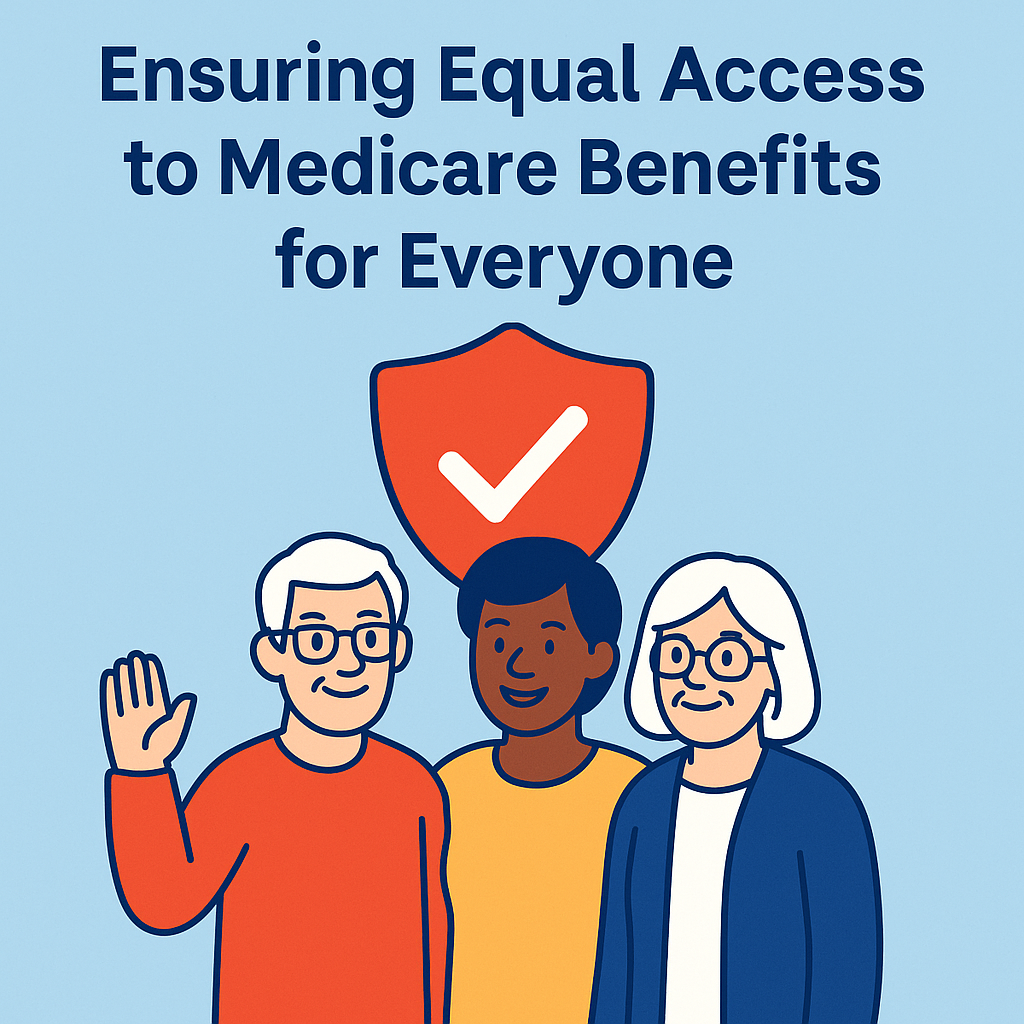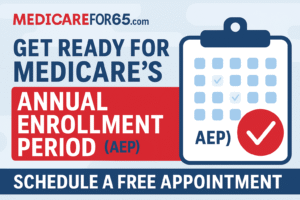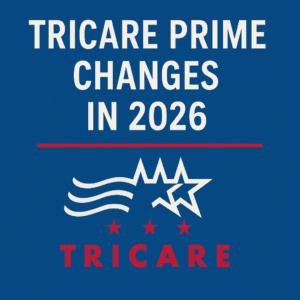Medicare stands as one of the most significant achievements in American healthcare, aiming to provide essential coverage to older adults and people with disabilities. However, simply offering benefits is not enough—ensuring that all eligible individuals can access these services equally is crucial. Persistent barriers and discriminatory practices can prevent the most vulnerable from receiving the care they need, undermining the very purpose of Medicare. Addressing these issues is key to building a more equitable healthcare system for everyone.
Addressing Barriers to Equal Medicare Benefit Access
While Medicare was designed to be universal for eligible populations, various obstacles still prevent equal access. Geographic location is a significant factor; rural residents often face a shortage of healthcare providers who accept Medicare, making it harder for them to receive timely care. Additionally, some beneficiaries encounter language barriers or lack access to the resources needed to fully understand their Medicare options and rights, creating disparities in their ability to use benefits.
Financial barriers also persist, even within a program intended to be accessible. While Medicare covers many essential services, out-of-pocket costs such as premiums, deductibles, and co-payments can add up—especially for low-income individuals. These costs deter some from seeking necessary care or from enrolling in supplemental plans that could cover additional services. Such financial challenges disproportionately affect minorities, people with disabilities, and those living on fixed incomes.
Addressing these barriers requires comprehensive strategies. This includes expanding outreach in underserved communities, providing translation services, and increasing the number of providers who accept Medicare. Financial assistance programs and simplified enrollment processes can also help ensure that everyone who qualifies for Medicare can use their benefits without hardship or confusion. Only by tackling these obstacles can true equity in Medicare access be achieved.
Promoting Non-Discriminatory Policies in Medicare
Non-discrimination is a core principle that must be upheld within the Medicare system. Historically, certain groups—including racial and ethnic minorities, LGBTQ+ individuals, and people with disabilities—have faced implicit or explicit biases when seeking care. This can manifest in denial of coverage, reduced quality of care, or being steered away from essential services. To combat this, Medicare policies must be rigorously reviewed and updated to ensure they do not inadvertently disadvantage any group.
One approach is to strengthen anti-discrimination policies at every level of Medicare administration. This means training staff and providers on cultural competency, ensuring materials are inclusive and accessible, and implementing transparent systems for reporting and addressing complaints of discrimination. Additionally, data collection on disparities in care and outcomes can help identify gaps and inform targeted interventions to promote equality.
Policy advocacy also plays a significant role. Government agencies, healthcare organizations, and the public must continually push for reforms that promote inclusivity and fairness. This includes supporting laws and regulations that explicitly prohibit discrimination on the basis of race, ethnicity, gender identity, sexual orientation, disability, or socioeconomic status within Medicare. By embedding non-discriminatory practices into the foundation of Medicare, the program can better serve all beneficiaries and move closer to health equity.
Ensuring equal access to Medicare benefits is not just a matter of policy, but a moral obligation to the nation’s most vulnerable populations. By addressing barriers and promoting non-discriminatory policies, we can uphold the promise of Medicare and guarantee that its benefits are truly available to everyone who needs them. With continued commitment and action, Medicare can become a model of equity in healthcare—one where every individual receives the care and respect they deserve.








